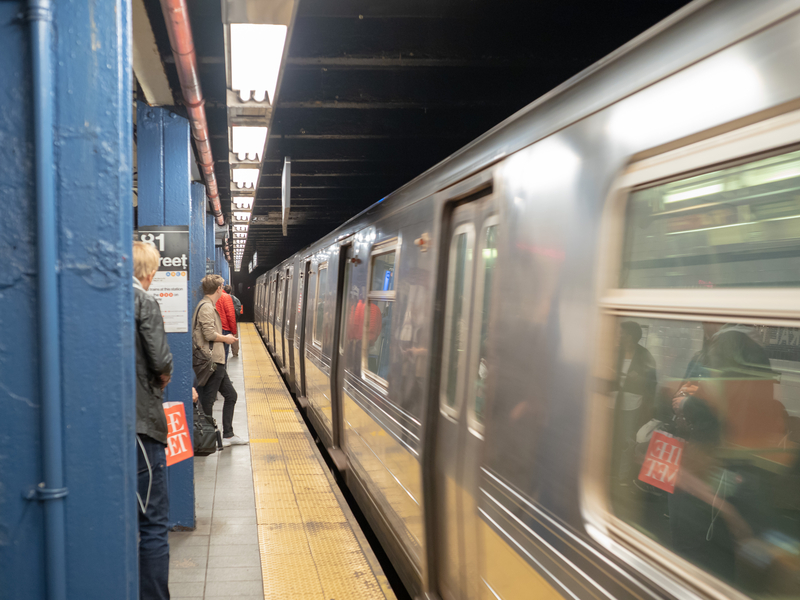
New York's Metropolitan Transportation Authority (MTA) has unveiled new subway cars to improve accessibility for wheelchair users while also confirming similar enhancements to its existing bus fleet.
The new R211 subway trains feature 58-inch door spans that are eight inches wider than standard doors on existing cars, and include more spacious seating options for wheelchair users.
The expanded doors are expected to reduce delays and increase train movement by speeding boarding and reducing the amount of time trains sit in stations.
Demetrius Crichlow, acting senior vice president of subways at New York City Transit, says: "Expanded doors and additional accessible seating within the train cars will help speed up boarding times and ensure our customers with disabilities have sufficient seating options.”
The designated Americans with Disability Act locations in the train cars have been relocated, adjacent to doorways identified with decals both on the floor and wall. In one of every two cars, there will be two areas with three flip up seats instead of one bench seat on existing models.
Additionally, the Passenger Emergency Intercom (PEI) and Passenger Emergency Handle Unit has been lowered to 46 inches. The new design includes instructions for use of the PEI in both Braille and Tactile lettering.
Production cars will begin deliveries in September 2022, with all 440 cars in the base order delivered by September 2024.
As part of the commitment, the MTA expects to put more than 800 new buses into service with more flexible seating options throughout 2021 and 2022.
The buses will feature three new, single seats that can flip up to accommodate customers with walkers.
The fleet will also feature wider doors and ramps to help make it easier to enter and exit the bus.
All New York City transit buses are already fully wheelchair accessible through either the front-door ramp on local routes or via lifts on the coach-style express buses. Route and service information is made available to all customers in audio and visual formats.
Elsewhere in the business, the MTA has replaced 40% of the older diesel fleet that make up its Access A Ride service with gas-powered vehicles.
The authority says weekday ridership on the paratransit service is currently around 80% of pre-pandemic levels.
Craig Cipriano, president of the MTA Bus Company, says: “When ridership was decimated at the height of the pandemic, and service shifted to essential service, our paratransit service never scaled back, so we understand the importance of accessibility.”
To ensure health and safety, dedicated vehicles are disinfected daily and customised permanent polycarbonate driver barriers have been installed on 1,300 vehicles.











